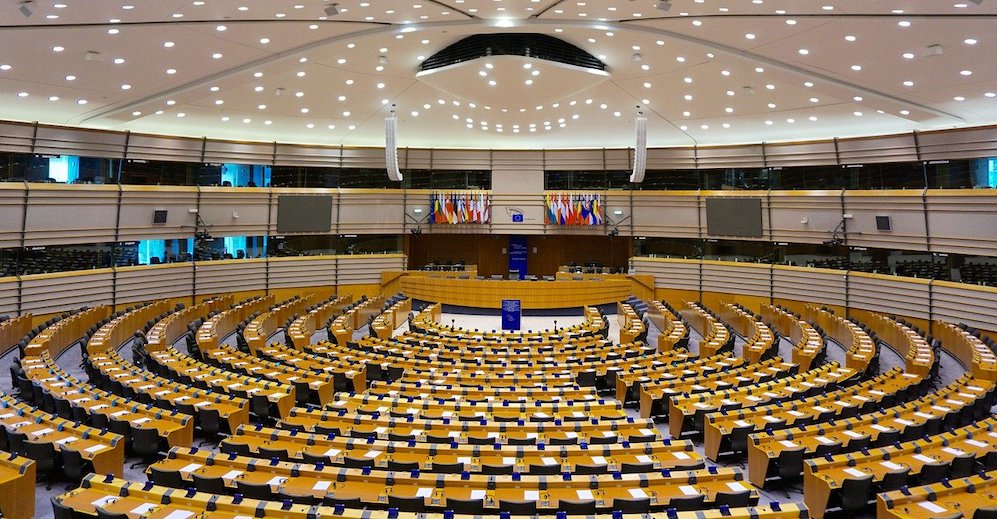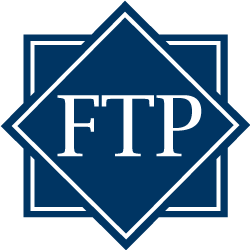EU votes on new transparency measures that some deem public humiliation

This week the EU votes on whether to expose the tax figures of its largest multinational companies. If passed, the corporate tax directive could force large corporations to reveal their earnings in each Member State and the taxes paid there.
Whether or not it proves more symbolic than effective, it represents a firm stand and shared frustration nonetheless. Proponents likely anticipate that the raw numbers speak for themselves, illustrating the problem in a way that political back-and-forth never could.
What is the problem exactly? — An estimated $500 billion a year in global corporate tax avoidance. The European Parliament estimates that in Europe, that loss of tax revenue amounts to €50-70 billion. In recent years, the EU has doubled down on its attempts to shine a light on what they deem unfair tax incentives among Member States. This move aligns with that trend.
The ruling would only impact organizations with an annual turnover that exceeds €750 million.
The rebuttal from many of these big firms reminds critics that corporate tax amount to just one form of taxation and that there are other financial obligations on the list.
Britain, a traditionally vocal champion of individual country reporting, feels shortchanged by tech firms who have managed to stay a step ahead of tax laws.
That same parliamentary study from above rated corporate income tax efficiency at about 75 percent. It believes that a comprehensive, collective solution could add €11.5 billion in total tax revenue, but that only individual, state-level solutions can get to the root of the evasion dilemma.
Brexit: Is a General Election its Last Hope?
This holiday season Britain gears up for another election
Former Prime Minister Theresa May firmly proclaimed numerous times that the UK would leave on a specified date, only to have that date come and go. Prime Minister Boris Johnson has fallen into the same pattern. After claiming that leaving after October 31 would never happen, here we are.
The initial conversation revolved around the what-if’s — a new deal or no-deal and how either would unfold. While nothing material has been determined on that front, the rhetoric has notably shifted to “when.” When will whatever is gong to happen actually happen?
This unending stand-off has created uncertainty that companies simply could not afford, leading them to jump ship and move to more secure hubs in Europe, such as Luxembourg.
Britain is headed to the polls again. In a move reminiscent of the May era, Johnson wants a government he can work with. Without one, he could face the same fate as his predecessor. A general election will be held on December 12, smack in the midst of the holiday season.
The Conservatives will run on a platform of getting Brexit done once and for all. On the other hand, liberal democrats want to pull Article 50 altogether, bringing the Brexit saga to a rather pointless end.
Johnson hopes that this move will end the government’s paralysis and let him move forward with his new Brexit deal, complete with a customs arrangement, rather than the problematic backstop. The last missed vote on the deal was scheduled for October 19, just in time for the Halloween deadline. Since then, the EU once again extended the deadline to January 31, 2020.
Share your goals with us & ask how we can help you get there. Questions about trends, regulations & requirements or anything related to taxing digital? Curious about Luxembourg? Fiduciary Tucci & Partners can help answer your queries & find solutions.
